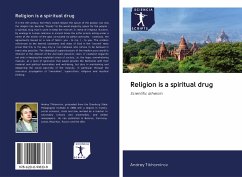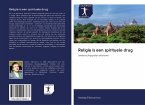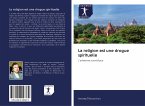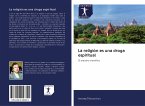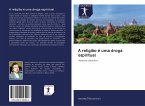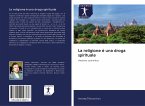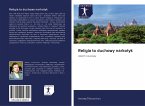If in the XIX century, Karl Marx called religion the opium of the people, but now the religion has become "thanks" to the world oligarchy opium for the people - a spiritual drug that is used to keep the masses in check of religious illusions. By analogy to human relations in ancient times the artful priests acting under a name of the mister of the god, concluded so-called covenants - contracts, the agreements based on a rule of talion: you - to me, I - to you. The endless references to the eternal covenants and vows of God in the "sacred" texts prove that this is the way only a man behaves who strives to be believed in every way possible. The ideological superstructure of the modern pure world is inherent in the interest of the dominant parasitic class of capitalist oligarchs not only in keeping the exploited strata of society, i.e. the huge, overwhelming masses, at a level of ignorance that would provide the Bomondo with their material and political domination and well-being, but also in maintaining and deepening the social passivity of the masses, in particular through the conscious propagation of "sensation", superstition, religious and mystical thinking.

